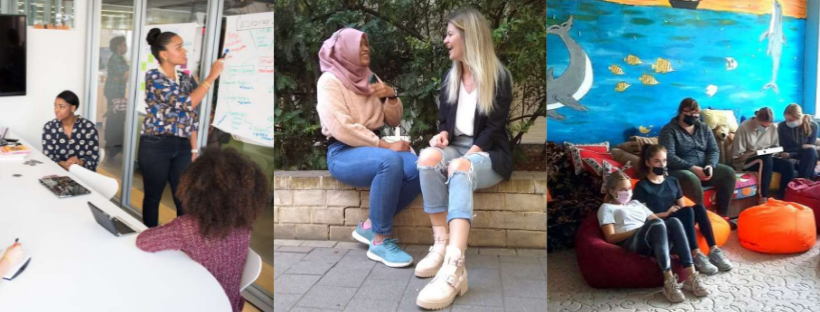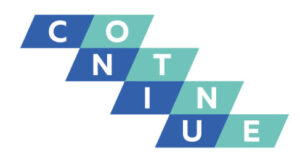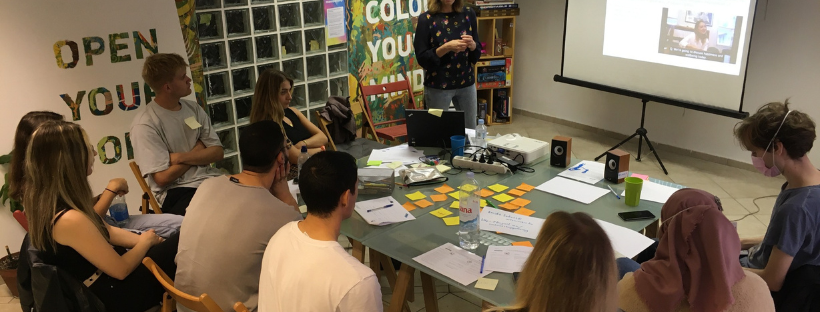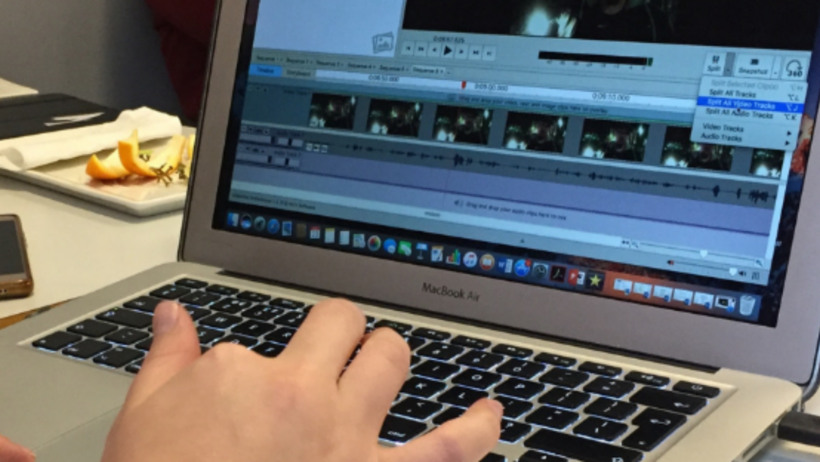CONTINUE PROJECT UPDATE AND KNOWLEDGE EXCHANGE EVENT

The CONTINUE Project is continuing apace and the partners across Europe have recently completed a series of interviews with stakeholders, both local and pan-European.
The stakeholder groups were made up of decision-makers and policy-makers whose roles include and interest in or effect on young people e.g. local politicians, educators, health and social care workers, youth workers etc. The interviews were designed to get feedback from stakeholders on the project’s findings so far, as well as garner their insights on what they perceive to be the issues affecting young people in the wake of the pandemic.
Interestingly, and gratifyingly, the insights of the stakeholders largely align with the project’s recent findings. You can read the local synthesis reports here, and the pan-European synthesis report here. Both reports are in note form as they are being used to plan our series of knowledge exchange events across Europe.
The UK’s knowledge exchange will take place at Gorse Hill Studios on Wednesday 21st September 2022 at 4.30pm. Anyone can attend, from young people to stakeholders and members of the community. You’ll discuss the findings of the project so far and your discussions will inform the policy recommendations that we will be putting forward in the next stage of the project. You can register for the event here.
You may also wish to save the date for our pan-European knowledge exchange, which will be held online on Monday 14th November 2022. Time and registration link to follow.






